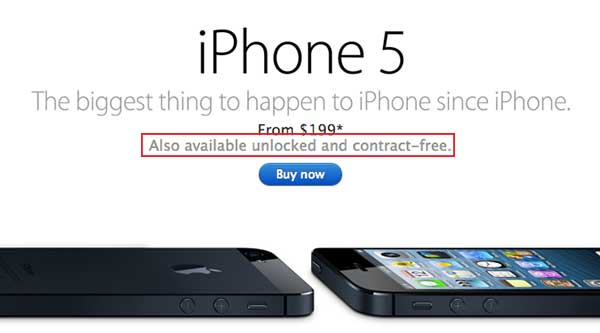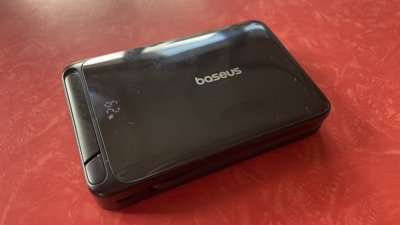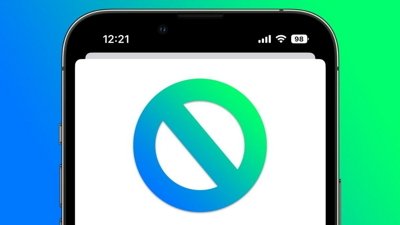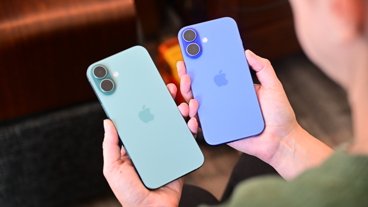U.S. Sen. Al Franken and members of the Senate Judiciary Committee have introduced bipartisan legislation that would allow users to legally unlock their smartphone once their contract subsidy has concluded.
The Democrat from Minnesota announced on Tuesday that the "Unlocking Consumer Choice and Wireless Competition Act" would restore an exemption to the Digital Millennium Copyright Act and allow users to unlock their cell phone once their contract expires.
Joining Franken were Judiciary Committee Chairman Sen. Patrick Leahy (D-Vt.), Judiciary Committee Ranking Member Sen. Chuck Grassley (R-Iowa), Sen. Orrin Hatch (R-Utah), and Sen. Mike Lee (R-Utah).
The senators defined the bill as a "narrow and common sense proposal" that they believe will promote competition and improve consumer choice.
The bill was prompted by a Library of Congress ruling made in late 2012 that determined cell phone unlocking would be removed as a legal exemption from the Digital Millennium Copyright Act. As of Jan. 26, 2013, unauthorized unlocking of all newly purchased phones became illegal. "This bipartisan legislation will quickly allow consumers to unlock their current phones instead of having to purchase a new one." — Sen. Al Franken
"Right now, folks who decide to change cellphone carriers are frequently forced to buy a new phone or risk the possibility of criminal penalties, and that’s just not fair for consumers," Franken said. "This bipartisan legislation will quickly allow consumers to unlock their current phones instead of having to purchase a new one. I support this commonsense solution to save consumers money."
Last week, President Barack Obama's administration also came out in support of legalizing the unlocking of cell phones and tablets. Their endorsement was given in response to a White House petition created by Sina Khanifar, which to date has received nearly 115,000 signatures.
Khanifar spoke with AppleInsider last month and said he frequently travels from Europe to San Francisco, Calif. Those international trips have made cell phone locking not only a nuisance, but also a financial burden.
"Anyone who travels internationally, and most people do at some point, you won't be able to take your cell phone with you," he said. "Trying to use it with the existing roaming fees that carriers charge is almost impossible because they're so exorbitant."
The proposed Senate bill would alleviate those issues for consumers like Khanifar. A similar bipartisan bill is also expected to be introduced in the House of Representatives this week.
"It just makes sense that cell phone users should be able to do what they want with their phones after satisfying their initial service contract," Hatch said. "This bill reinstates that ability, while also ensuring that copyrights are not violated."
 Neil Hughes
Neil Hughes







-m.jpg)






 Thomas Sibilly
Thomas Sibilly
 Marko Zivkovic
Marko Zivkovic
 Andrew O'Hara
Andrew O'Hara
 Amber Neely
Amber Neely
 William Gallagher
William Gallagher
 Christine McKee
Christine McKee
 Andrew Orr
Andrew Orr









46 Comments
Uh… wait a minute. Since when did Congress start doing its job and acting for the people it represents again?
The telecoms are going to HATE this.
Also, moved to PO. Go nuts.
Not thinking they will hate this at all, unlocking after a contract is not against the law now, right?
Franken has always been pro-consumer. This bill, however, is easy to support as consumers strongly favor it and telecoms probably don't care that much. The reality is the old DMCA exception allowed you to unlock the phone at any time even during the life of the contract. This law merely supports unlocking it at the expiration of the contract. Currently, AT&T will already unlock an iPhone at the end of its contract. Not doing so sets it up for anti-competition charges. I for one favor the old DMCA exception because whether or not I want a phone unlocked is separate from my obligations to pay under the contract.
Not thinking they will hate this at all, unlocking after a contract is not against the law now, right?
This involves unlocking at any time. So a user can now cancel a contract whenever they want and then go and unlock legally (like, well, always before that new DMCA change, pushed by the telecoms, to make it illegal).
Of course they'll hate it. They're getting their work (and hundreds of thousands in lobbying) undone in just a few months.
There is no legitimate reason to allow locks in the first place and many reasons not to allow it at all.